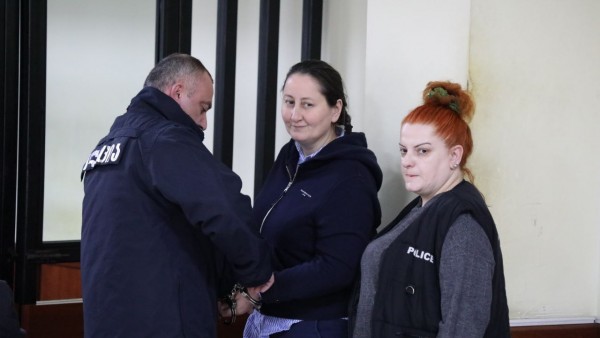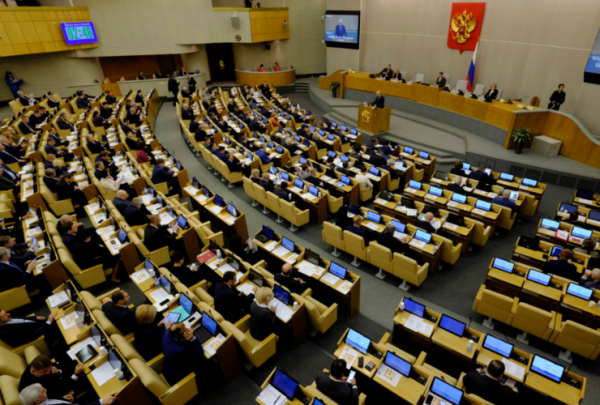The International Press Institute calls on the judiciary in Turkey to overturn the sentence imposed on Irfan Aktan, a Turkish journalist, for an article he wrote in October 2009. The journalist was sentenced on 4 June to a year and three months in prison, and a fine of 16,000 Turkish Lira was imposed on Merve Erol, the editor of Express, the fortnightly magazine that published the article. The two journalists were found guilty of dispersing “propaganda relating to a terrorist organization,” under Article 7 of the Turkish anti-terror law.
The lawyer for Aktan has said they will appeal the sentence. The article in question was entitled “Weather Conditions in the Region and in Qandil / No Solution without Fighting,” and appeared in the magazine on 15 October 2009. According to the Centre for Law and Social Justice in Turkey?, the prosecutor argued that the writing “encourages the readers to violence and shows resort to violence as a necessary and rightful measure.”
The journalist, however, argued that the interviews were not propaganda, and were permissible under the public’s right to be informed about facts and diverse opinions.
Turkey has repeatedly used its restrictive anti-terror law as a means of muzzling the media. Also on 4 June, according to the media monitoring agency Bianet, a Turkish criminal court found newspaper executives Filiz Kocali and Ramazan Pekgöz guilty under the same clause for interviews carried out in Northern Iraq with Murat Karayılan, the top commander of the Kurdistan Workers’ Party, which is locked in a fierce battle with Turkish security forces in the Kandil mountains, and is considered a terrorist organisation by Turkey, the European Union, the United States and many other countries. Kocali and Pekgöz face seven-and-a-half years in prison each.
In April, Vedat Kurşun, former editor of the Kurdish daily, Azadiya Welat, was sentenced by a Turkish court to three years in prison in connection with two articles deemed to have spread propaganda for the PKK.
In February this year, IPI reported on the December sentencing of the editor of a Kurdish newspaper to 21 years in prison for publishing what the court called Kurdish propaganda, only two weeks after the European Court of Human Rights ordered Turkey to pay over 40,000 Euros to 20 Turkish journalists as compensation for having violated their rights.
According to a report compiled by Bianet, a total of 103 people, including 15 journalists, were arraigned in the first quarter of the year alone on charges relating to the anti- terror law.
“Turkey’s repeated use of the anti-terror law against journalists whose opinions and writing are unfavorable to the state is clearly calculated to stifle criticism by any means possible,” said IPI Director David Dadge. “We call on the Istanbul High Court to allow Aktan’s appeal and overturn this sentence.”


